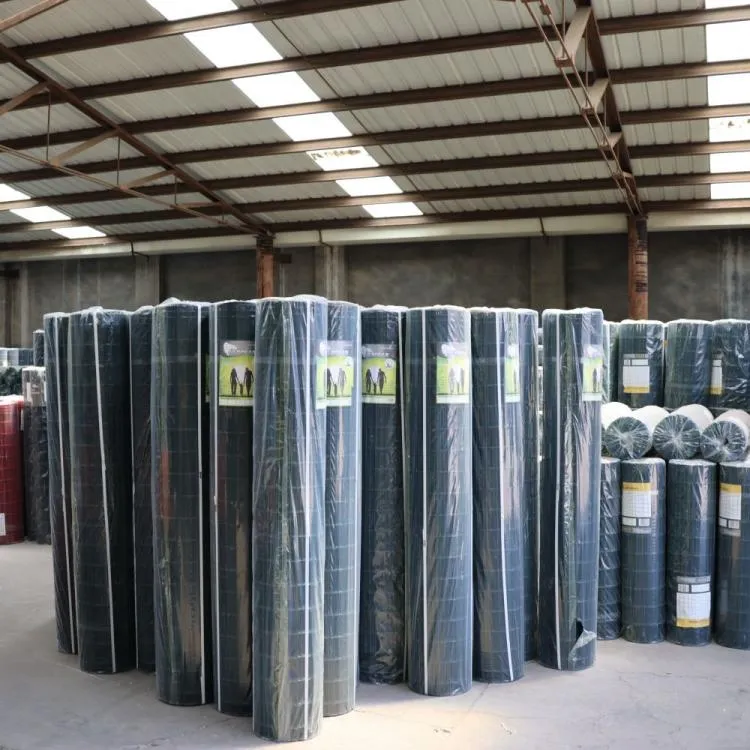Selecting the Right Nails for Pressure Treated Lumber Projects
Types of Nails for Pressure-Treated Lumber
When working with pressure-treated lumber, selecting the appropriate type of nails is essential for ensuring structural integrity and longevity. Pressure-treated wood is commonly used in outdoor projects, such as decks, fences, and patios, due to its resistance to rot, insects, and decay. However, the chemicals used in the treatment process can be corrosive to certain metal types, which is why using the right nails is critical. In this article, we’ll explore different types of nails suitable for pressure-treated lumber and provide guidance to help you make the best choice for your project.
Why Choose the Right Nails?
Pressure-treated wood is infused with preservatives intended to protect it against moisture and pests. The most common preservatives in use are copper-based compounds, such as alkaline copper quat (ACQ) and copper azole (CA). While these treatments enhance the wood's durability, they can also accelerate the corrosion of certain metals. Therefore, it is crucial to choose nails that can withstand these chemicals while providing the necessary strength and longevity.
Types of Nails for Pressure-Treated Lumber
1. Stainless Steel Nails Stainless steel is one of the best choices for fastening pressure-treated lumber. It is highly resistant to corrosion, making it suitable for outdoor applications and environments with high humidity. Stainless steel nails come in various grades, with Type 304 being suitable for most applications and Type 316 offering enhanced corrosion resistance, particularly in coastal or saltwater environments.
2. Galvanized Nails Galvanized nails are coated with a layer of zinc, which acts as a barrier to protect the underlying metal from corrosion. There are two main types - Hot-Dipped Galvanized This method involves dipping the nails in molten zinc, resulting in a thicker coating, which can withstand harsher conditions. Hot-dipped galvanized nails are ideal for use with pressure-treated lumber, as they provide excellent protection against rust. - Electro-Galvanized This method applies a thinner zinc coating through electroplating. While electro-galvanized nails can be suitable for some applications, they are less corrosive-resistant than hot-dipped galvanized nails, making them a less ideal choice for pressure-treated wood.
type of nails for pressure treated lumber

3. Polymer-Coated Nails Polymer-coated nails are often used in decking applications. The polymer coating provides a layer of protection against corrosion and helps prevent the nails from sticking together, making them easier to use. These nails can be an excellent choice for pressure-treated lumber, as they provide adequate protection while reducing the risk of splitting the wood.
4. Copper Nails Historically, copper nails were a popular choice for marine applications due to their resistance to corrosion. However, caution should be exercised when using copper nails with pressure-treated lumber because some of the modern treatment chemicals can react with copper, leading to corrosion. For most applications, it’s safer to stick with stainless steel or galvanized nails.
Essential Considerations
When choosing nails for your pressure-treated lumber project, consider the following factors
- Type of Project The demands of your project will dictate the nail requirements. For instance, if you are constructing a deck, you’ll want nails that can withstand foot traffic and environmental exposure. - Exposure to Elements Locations that are moist or coastal may require higher corrosion resistance, making stainless steel or hot-dipped galvanized nails the best options. - Load-Bearing Needs Ensure the nails you choose can handle the structural load necessary for your project. Consult local building codes and guidelines to determine nail specifications for various load-bearing applications. - Installation Method If you are using a nail gun, ensure that the nails are compatible with your tool to avoid any issues during installation.
Conclusion
Selecting the right type of nails for pressure-treated lumber is paramount for the success and durability of your outdoor projects. By opting for stainless steel, hot-dipped galvanized, or polymer-coated nails, you can effectively protect your construction from corrosion while ensuring the structural integrity of the wood. Remember to take into account the specific conditions of your project and local building regulations to make the best choice. With the right nails, you can achieve a sturdy and long-lasting result that stands the test of time.
-
Space-Saving Chain Fence Hacks Vertical Gardening with Cyclone MeshNewsJul.16,2025
-
Innovations in Iron Nail Wire Production for Modern ConstructionNewsJul.16,2025
-
Creative Uses of Wire Netting Fence in Modern Landscape DesignNewsJul.16,2025
-
Barbed Wire Fence Innovations in Anti-Climb TechnologyNewsJul.16,2025
-
Architectural Uses of Umbrella Nails for Aesthetic Roof DesignsNewsJul.16,2025
-
Architectural Uses of Razor Barbed Wire in Secure Urban DesignNewsJul.16,2025




